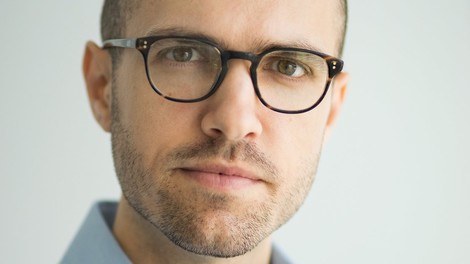Your podcast discovery platform
Curious minds select the most fascinating podcasts from around the world. Discover hand-piqd audio recommendations on your favorite topics.

piqer for: Global finds Globalization and politics Technology and society
Turkish journalist, blogger and media expert. Writes regular columns for The Arab Weekly and contributes to Süddeutsche Zeitung, El Pais and the Guardian. An European Press Prize Laureate for 'excellence in journalism' in 2014, Baydar was awarded the prestigious 'Journalistenpreis' in Germany by Südosteuropa Foundation in February 2018.
A New Sulzberger Takes Over The Old Flagship, And Then What?
On January 1 2018, the New York Times (NYT), seen as the global flagship of news, enters a new era. A former general-assignment reporter, A.G. Sulzberger will take over a top position at its cockpit as a publisher at 37 years of age.
The surname is familiar. A.G. Sulzberger is the son of Arthur Ochs Sulzberger Jr, now retiring from that position and the sixth in the Ochs Sulzberger family, since its purchase of the newspaper, to take over that position. Not an enviable one, all things considered, and perhaps the reason why a friend of his uttered 'Congratulations/Sorry!'
The institution that he now leads is almost certainly the most influential media property in the country—and, arguably, the most important civic institution in private hands. He comes into this inheritance while revenues from print advertising plummet, Google and Facebook consume more than three-quarters of the digital-ad market, and the President of the United States feels free to smear his home-town paper as the “failing” New York Times.
Here, in an in-depth interview with David Remnick of the New Yorker, the young captain of the NYT analyses the new and challenging eco-system of the media, and explains his vision for this grey-haired institution.
I’ve always had a theory that decent journalists are contrarians by nature, because they have to ask tough questions of people. They have to ask tough questions of people, and assume people are lying to them, and wake up in the middle of the night wondering if they got something wrong. And, like any decent journalist, I have a contrarian streak, and I actually spent most of my life not thinking I would go into journalism.
He promised that there would be no cuts to the news budget for the next two years. But ad revenues continue to drop, and the newsroom staff is squeezing into narrow space, and the media business, in general, is not stable at all.
This one is an exciting conversation.
